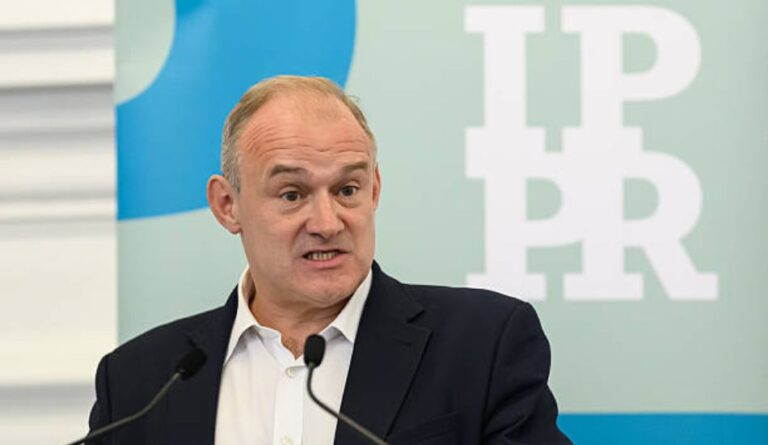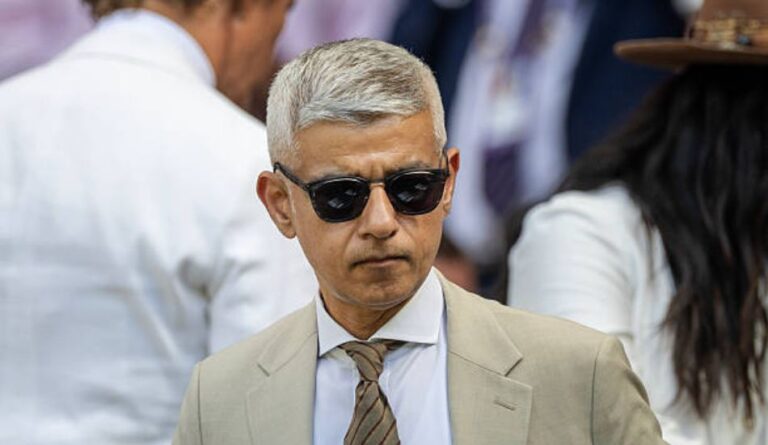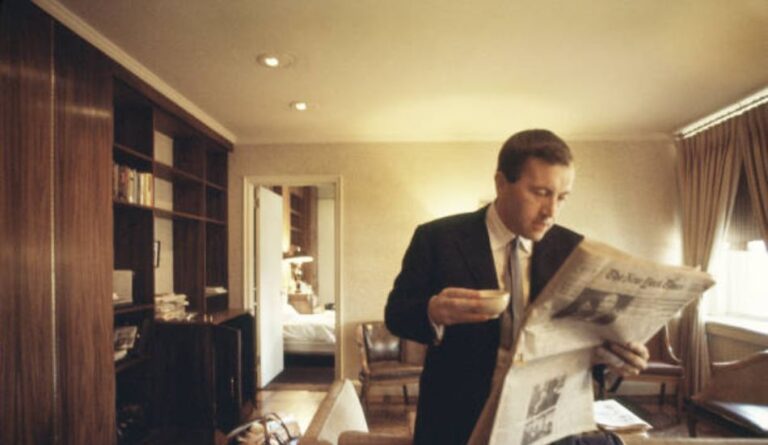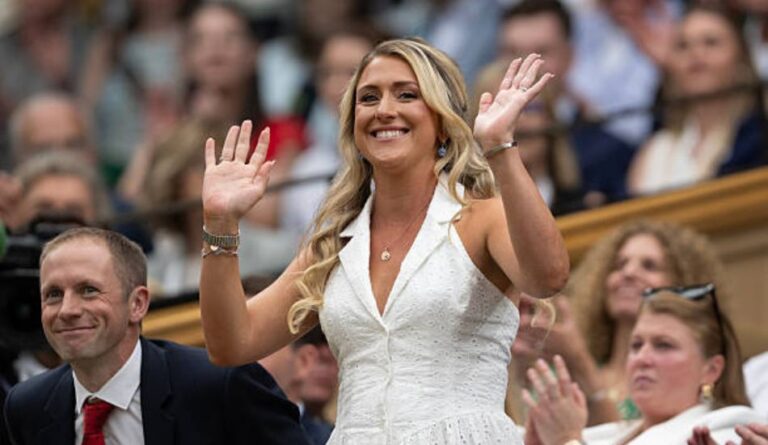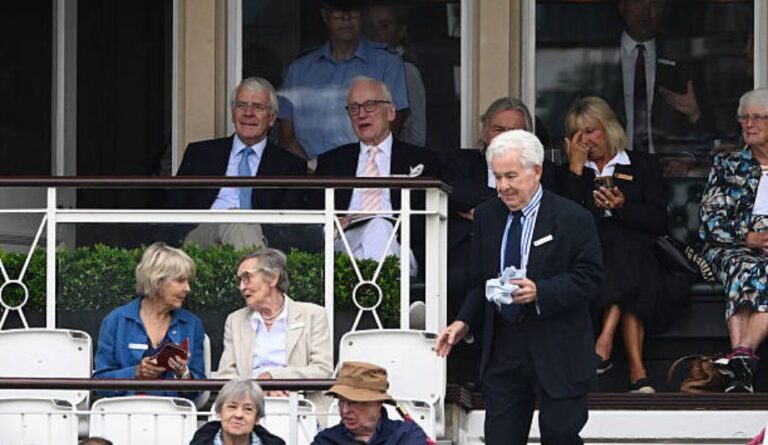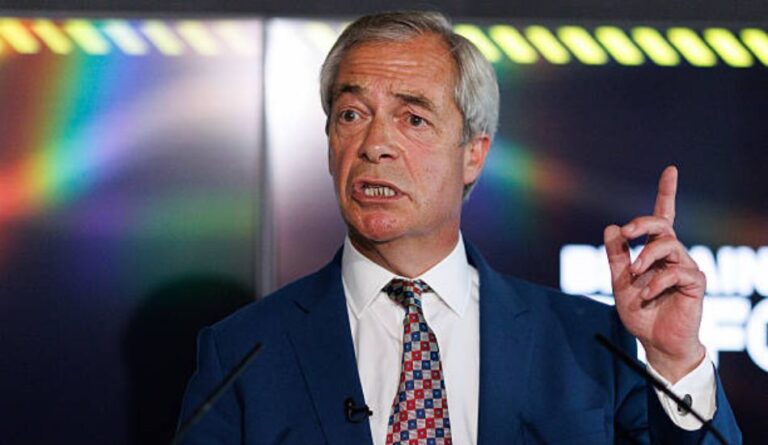David Blunkett: A Life of Politics, Perseverance, and Public Service
Introduction
When we think of British politics, we often imagine leaders molded by elite education, privilege, and tradition. But David Blunkett defied that mold. Blind from birth, raised in poverty, and educated outside the Oxbridge bubble, Blunkett rose to the top echelons of the UK government, becoming one of the most powerful and influential figures in the Labour Party during the 1990s and early 2000s.
His story is one of resilience, vision beyond sight, and a lifetime commitment to public service. In this article, we dive deep into who is David Blunkett, his age, education, personal life, and the circumstances that made him an enduring symbol of ability over disability.
Who is David Blunkett?
David Blunkett, Baron Blunkett, was born on June 6, 1947, in Sheffield, England, and is a prominent British Labour Party politician, academic, and member of the House of Lords. He served as:
Secretary of State for Education and Employment (1997–2001)
Home Secretary (2001–2004)
Secretary of State for Work and Pensions (2005)
Blunkett was the first blind person to hold a Cabinet-level position in the UK government, breaking historical barriers not only for disabled individuals but also for those from working-class backgrounds.
David Blunkett Age and Birthday
Born in 1947, David Blunkett is 78 years old as of 2025. Despite the physical challenges he has faced from birth, he remains an active voice in British public life, education policy, and disability advocacy.
David Blunkett’s Education
David Blunkett’s educational journey is nothing short of extraordinary.
• Early Education
Blind from birth due to underdeveloped optic nerves, Blunkett was sent at age four to the Royal Normal College for the Blind, then later to a school for the blind in Shrewsbury. These institutions lacked academic rigor, and Blunkett described them as more focused on preparing students for manual labor or menial jobs than fostering ambition.
• Self-Driven Learning
Not satisfied with the limitations imposed on him, he studied through night classes, teaching himself Braille and shorthand. Eventually, he qualified for university.
• University Education
He studied Political Theory and Institutions at the University of Sheffield, where he graduated in 1972. He then earned a Postgraduate Certificate in Education (PGCE) from Huddersfield.
Despite not having a typical academic background, Blunkett became a Professor of Politics in Practice at the University of Sheffield later in life, a testament to his lifelong commitment to learning.
David Blunkett’s Blindness and Disability
• Born Blind
David Blunkett was born completely blind. The condition, known as congenital blindness, was due to damaged optic nerves and could not be corrected medically. At a time when few disabled people had access to inclusive opportunities, he learned to navigate the world through Braille, memory, and sound.
• Perception of Disability
Blunkett never allowed blindness to define him. He often emphasized that it was a “nuisance, not a barrier” and refused special treatment. His ability to handle demanding Cabinet roles like Home Secretary showed the country that disability does not mean incapability.
David Blunkett and His Guide Dogs
Throughout his life and career, David Blunkett was rarely seen without his trusted guide dogs. They became beloved public figures in their own right and symbolized his independence and determination.
Some of his guide dogs included:
Ruby
Lucy
Sadie
Cosby
Barney
In parliamentary circles, these dogs were known as much as any backbencher. They accompanied him during debates, public appearances, and even interviews—earning admiration across party lines.
David Blunkett as a Young Politician
David Blunkett’s political journey began early:
At just 22 years old, he became the youngest-ever councillor in Britain, elected to Sheffield City Council in 1970.
He became Leader of Sheffield City Council from 1980 to 1987, during a time of fierce political battles with Margaret Thatcher’s central government.
His political style was bold, left-leaning, and strongly focused on social justice, public services, and education.
National Political Career
• Entry into Parliament
Blunkett was elected MP for Sheffield Brightside in 1987. Despite being blind, he was not assigned any “special role” but immediately immersed himself in the rough-and-tumble of political life.
• Shadow Cabinet and New Labour
During the 1990s, Blunkett served in Labour’s Shadow Cabinet under leaders Neil Kinnock, John Smith, and Tony Blair. He became a key architect of New Labour policy, particularly in the area of education reform.
• Cabinet Minister
▪ Secretary of State for Education and Employment (1997–2001)
Blunkett led major education reforms focused on standards, testing, and accountability. He was instrumental in establishing the Literacy Hour in primary schools and investing in school infrastructure.
▪ Home Secretary (2001–2004)
One of the most powerful roles in British government, Blunkett’s tenure as Home Secretary was marked by:
Tough anti-terrorism legislation post-9/11
Immigration policy reform
Crime and policing modernization
He was both praised and criticized for his authoritarian stance during this period.
▪ Secretary of State for Work and Pensions (2005)
This brief tenure was cut short after media controversies and personal issues, leading to his resignation.
David Blunkett’s Wife, Family, and Personal Life
• Marriages and Children
Blunkett married Ruth Mitchell, with whom he had three sons. The marriage ended in divorce in 1990. In 2009, he married Margaret Williams, who brought three children of her own into the family.
• Media Intrusion
During his time in office, Blunkett’s personal life was often scrutinized. A widely publicized affair led to significant media coverage and political pressure, resulting in one of his resignations. Nonetheless, he managed to retain dignity through these challenges and returned to public service thereafter.
Life After Politics
Blunkett retired from the House of Commons in 2015 and was appointed a life peer in the House of Lords, becoming Baron Blunkett of Brightside and Hillsborough.
Post-politics, he has remained:
A public speaker and columnist
A professor and educator
An advocate for disability rights and education policy
He has also served on multiple public boards and written autobiographies and political analysis books.
David Blunkett’s Net Worth
There is no publicly verified estimate of Blunkett’s net worth. However, as a former Cabinet Minister, author, university professor, and member of the House of Lords, he likely earns a comfortable living. His life has been more focused on public service than wealth accumulation, distinguishing him from many modern-day politicians.
Love Is Blind”: What It Really Means
Though not directly tied to the reality show, the phrase “Love is blind” often resonates symbolically with Blunkett’s life story. His ability to form meaningful personal and professional relationships, despite societal prejudice and media focus on his blindness, highlights that love, respect, and leadership transcend physical sight.
Final Thoughts
David Blunkett’s life is one of perseverance. From a boy growing up in poverty and blindness in post-war Sheffield to holding one of the highest offices in British government, his journey is both humbling and inspiring. He changed the way the public perceived disability—not through slogans or sympathy, but through action, strength, and resilience.
In a time when politics often feels superficial and performative, Blunkett’s authenticity and pragmatism serve as a reminder of what true public service looks like.
For more such inspiring political profiles, visit thegrabberme.com—where stories of leadership and resilience are brought to life.


